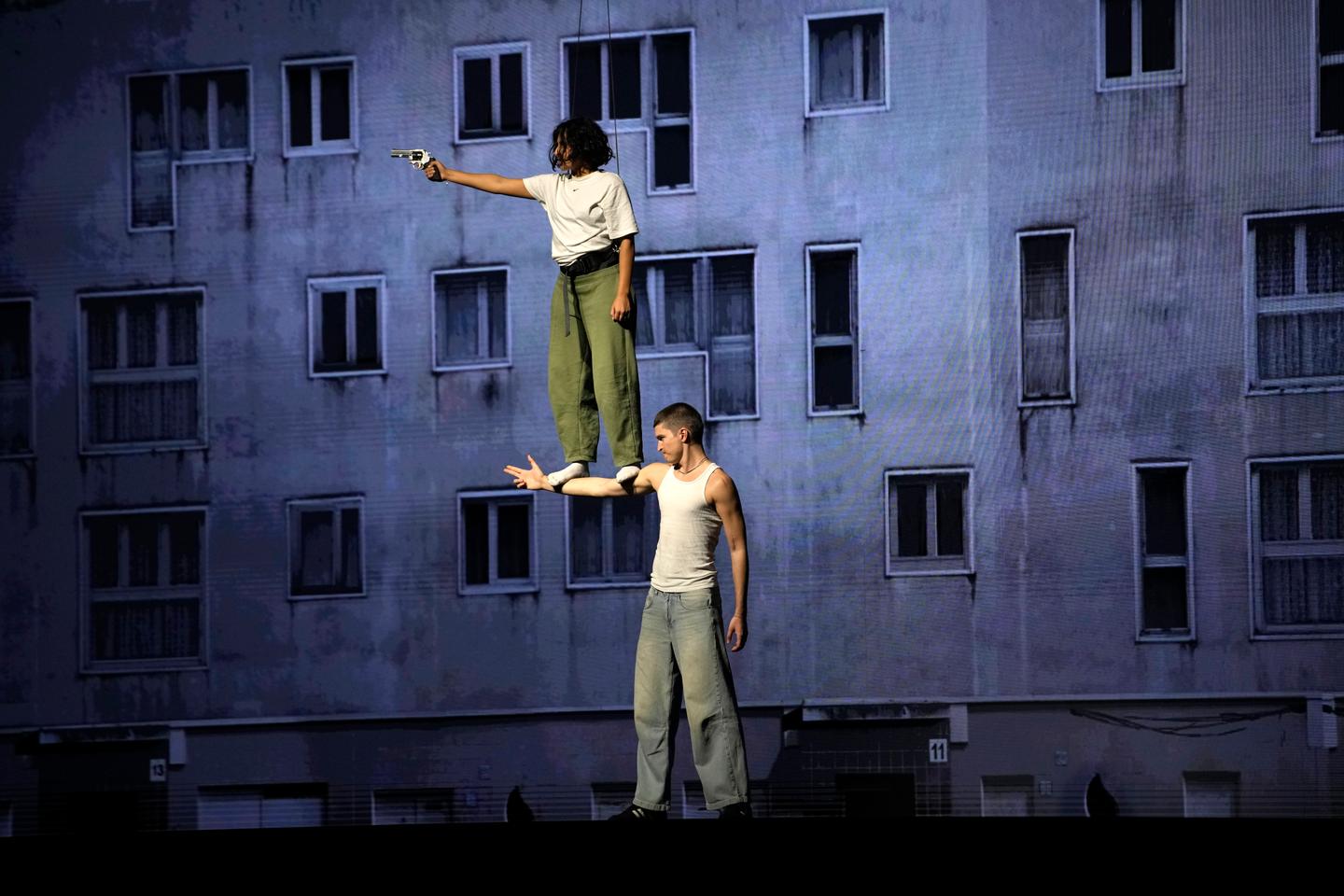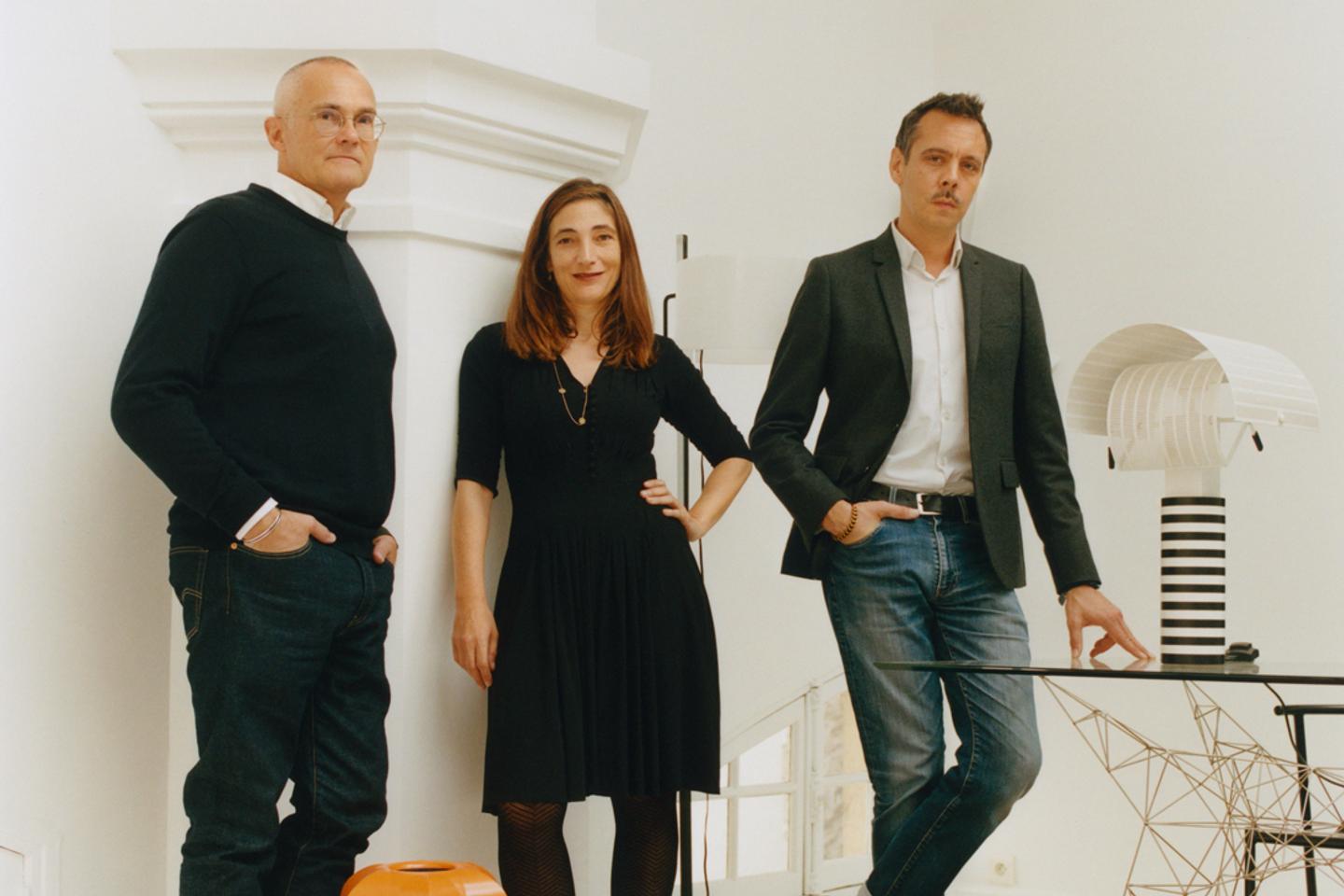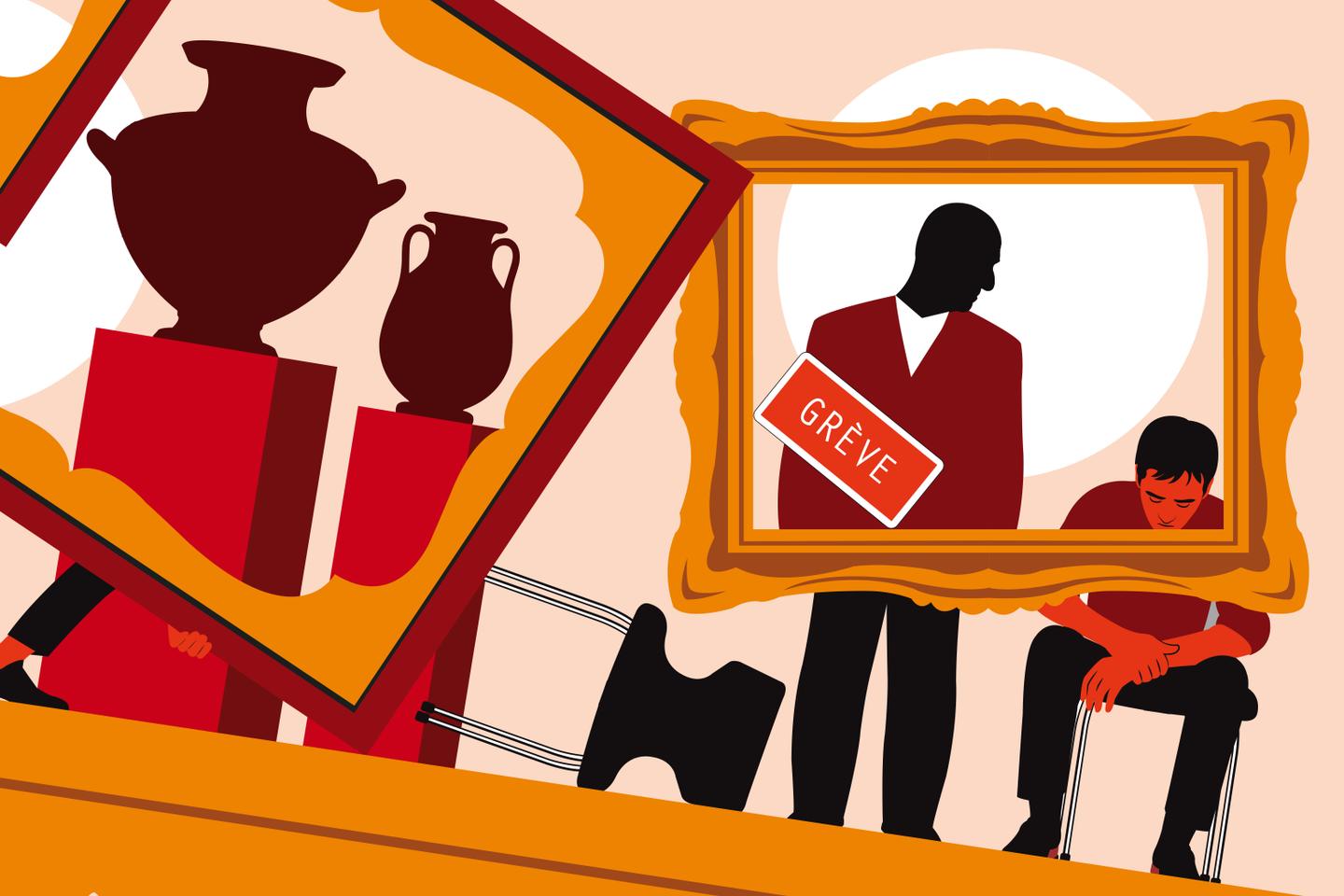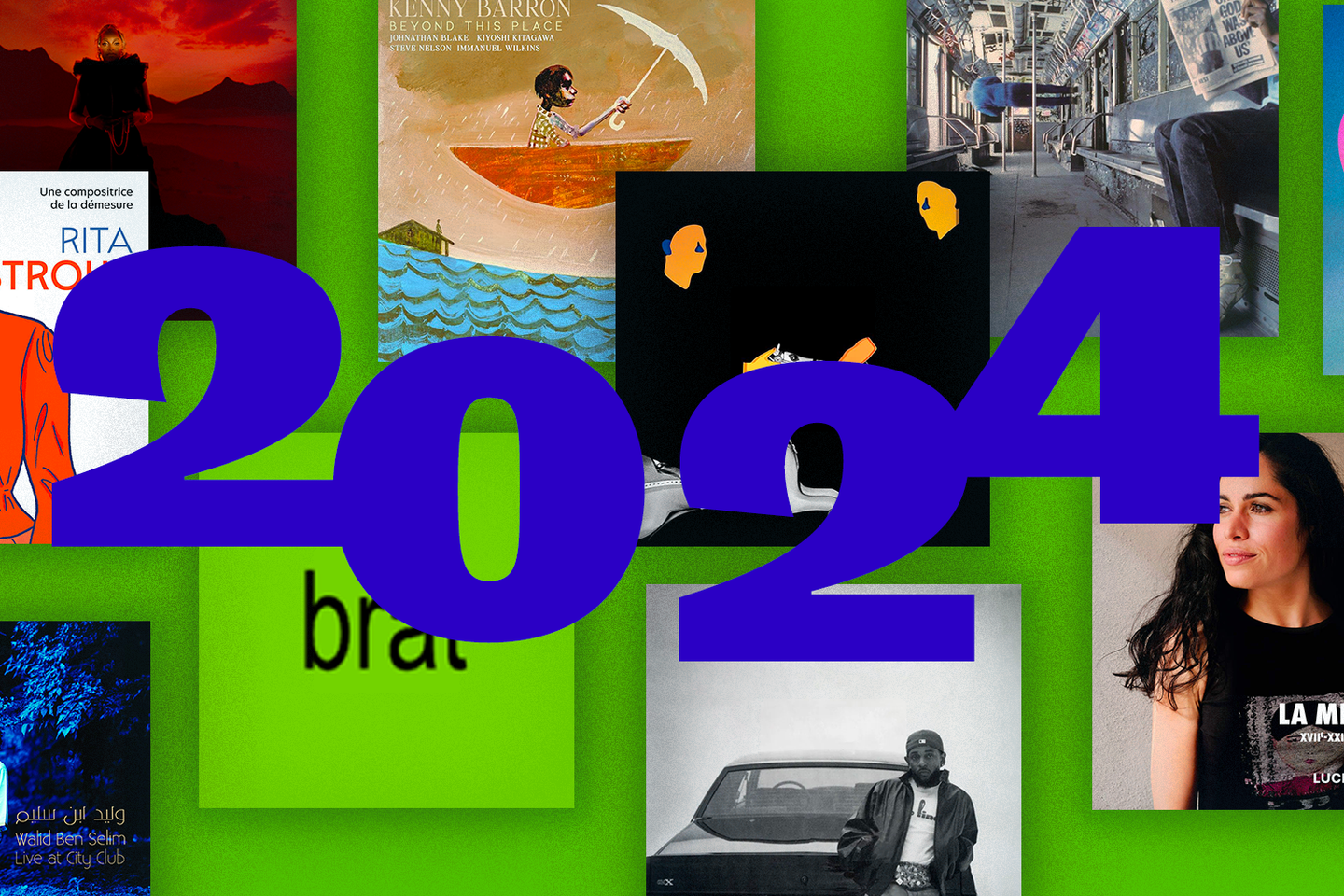

The audience at La Seine musicale in Boulogne-Billancourt (Hauts-de-Seine) didn’t really know what to expect this Thursday, October 10, for the premiere of the musical Hatred. How can we transcribe the urgency of this cult film from the 1990s, directed by Mathieu Kassovitz and shot in black and white? How can we not seem, thirty years later, anachronistic in a society where new technologies disrupt everyday life?
Certainly, as the show’s subtitle, “So Far Nothing Has Changed,” points out, the film’s themes are still omnipresent in the news: police blunders, the violent response to urban riots, the sense of exclusion of suburban populations, and the demotion of the police. How do you manage to entertain viewers with such a heavy subject? Three young men from the city, Saïd, Hubert and Vince, wander through their neighborhood and Paris after a night of riots with the gun that a policeman lost. Against all expectations, the musical gives a real facelift to the film, and its new actors almost make Vincent Cassel and Saïd Taghmaoui forget.
The two directors, Mathieu Kassovitz and Serge Denoncourt, did not content themselves with stringing together the film’s fifteen sketches, they modernized them, revitalized them, especially with the choreography of Emilie Capel and Yaman Okur, and added scenes like this hip confrontation -Hop. hop dances (break, krump, house) between girls and boys with this stinging response from Saïd’s sister (“It’s not 1995 anymore, don’t tell me when I should come back or not. »)
Chaos
Another powerful moment that the director added to the musical: the romantic exchange with the tough Vince and his veiled girlfriend who wants to see him leave the city and his violence. Disoriented by her companion’s casual and dangerous attitude, she staggered. The dizziness, restlessness and desire to rise above her neighborhood in the midst of chaos are described first by the lyrics of the rapper Doria but especially by the latter’s acrobatic number. She moves in front of a video installation by Canadian set designers and image makers Silent Partners Studio. Over the course of an hour and a half show, their technical breakthroughs steal the show for the actors.
The setting of the City of Poets in Chanteloup-les-Vignes (Yvelines), where the film was shot, is still there, but their images give it new light and depth. The decrepit and gray facades become almost beautiful. The city pans out as the three main characters walk on a treadmill, giving the impression that the audience is moving along with them. It has already been seen on the show Fiq! from the Tangier Acrobatic GroupThe iPhone replaces Vince’s mirror, or the rearview mirror in the scene of the car the three boys want to steal. A revolt inexorably advances in his sound The song of the partisans.
You have 20.35% of this article left to read. The rest is reserved for subscribers.






